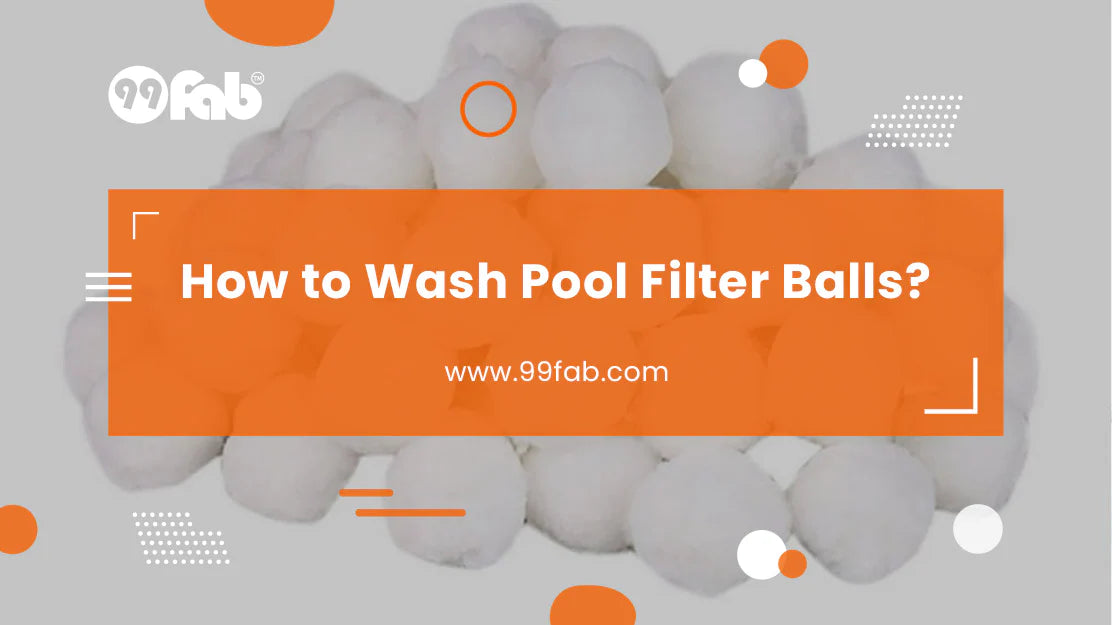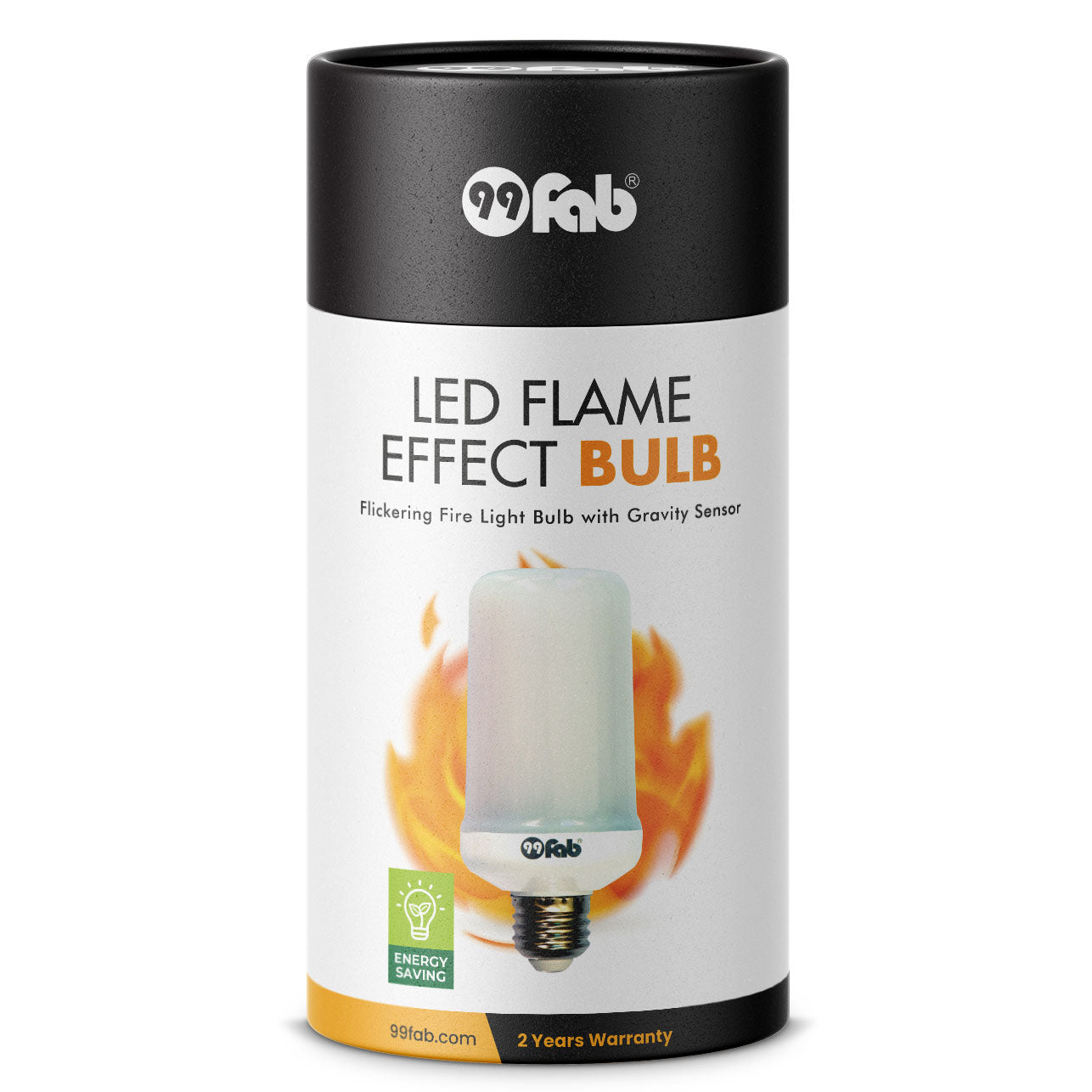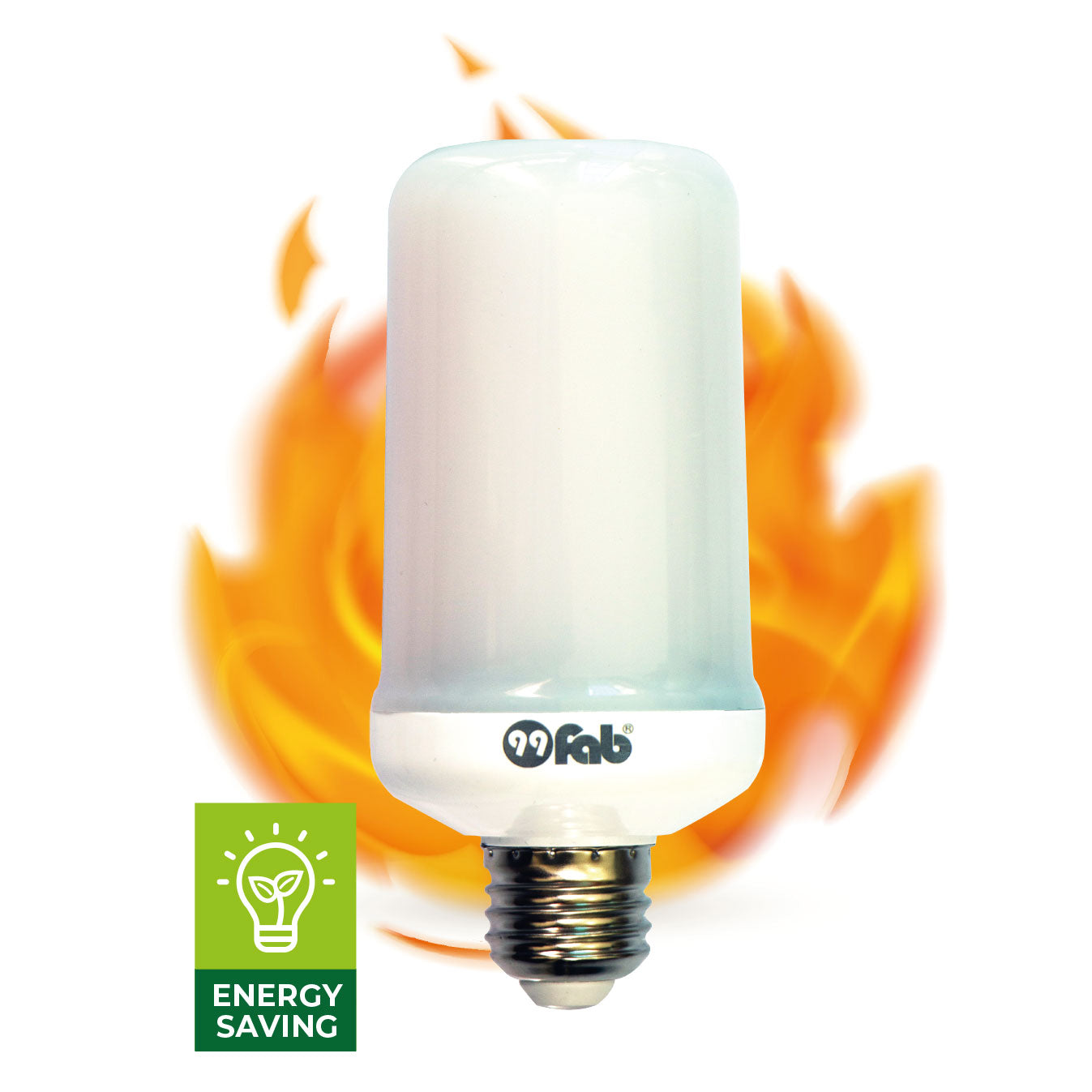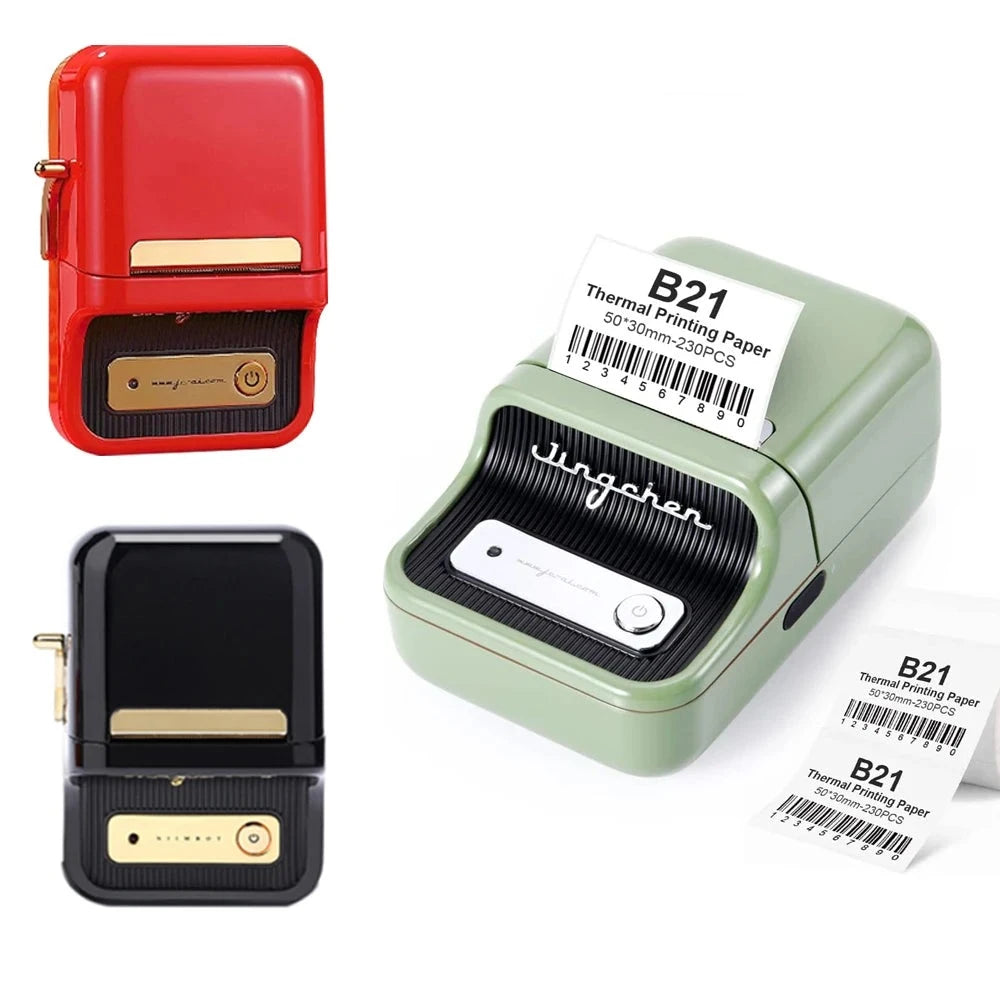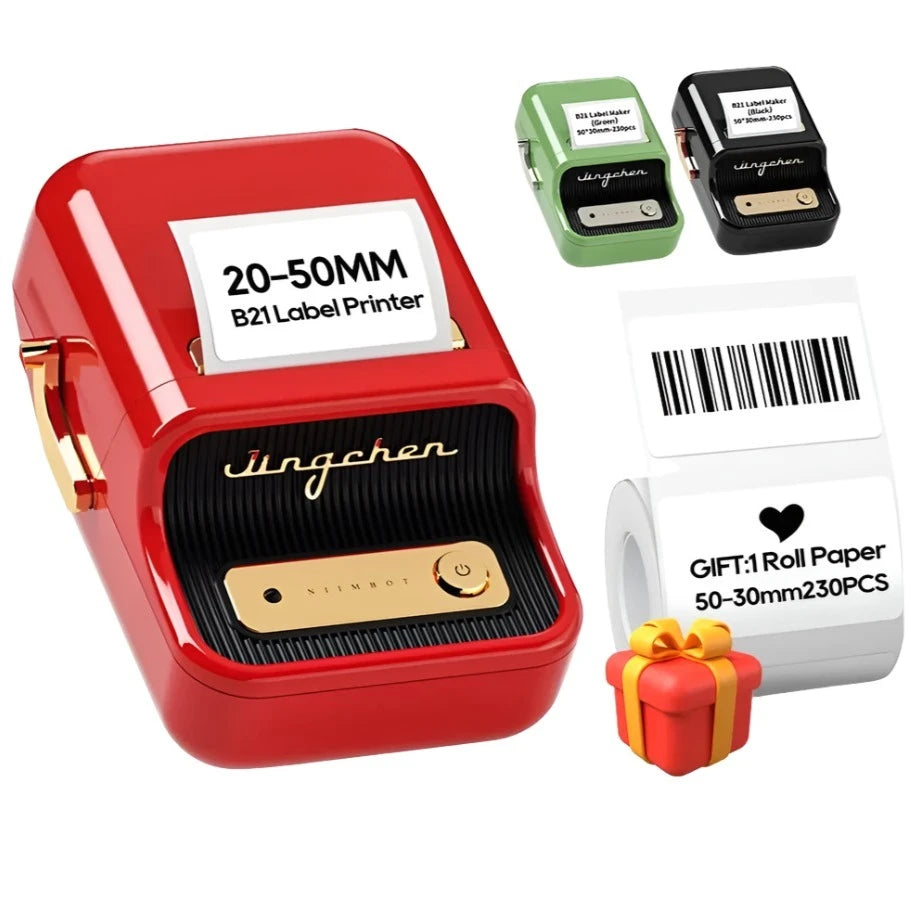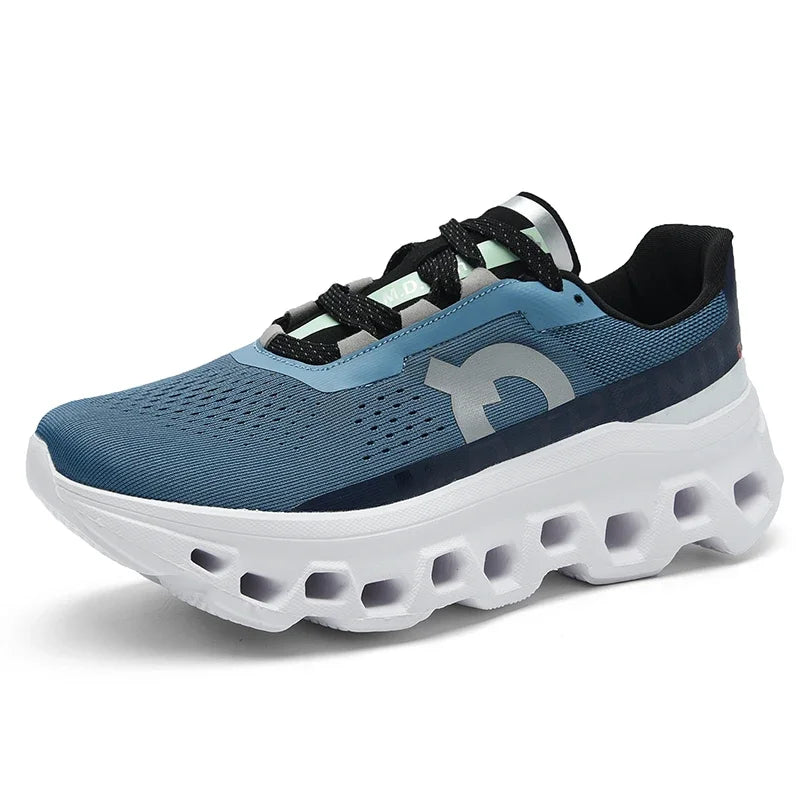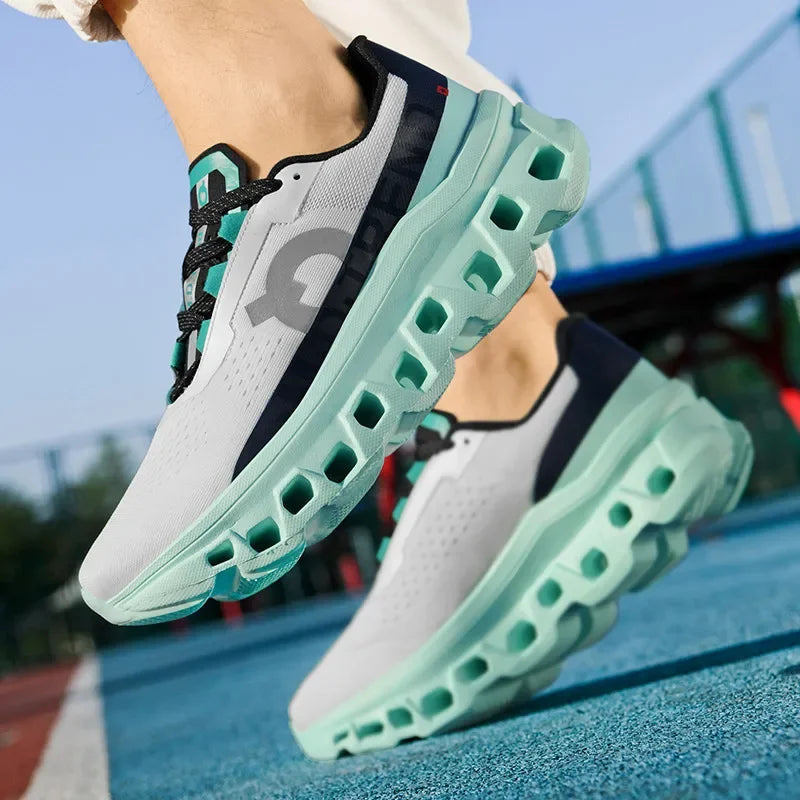Pool filter balls are polyethylene balls used to replace sand or glass in the pool filter tank. With new techniques and goods of the greatest quality and excellence in their creation, maintenance is made considerably easy with the pool filter balls.
Yet these filter balls also require cleaning from time to time. Let's know how to wash pool filter balls.
How to Wash Pool Filter Balls?
If the filter you have in your pool has a ball filter system, you can simply open it up and put in the appropriate number of balls according to instructions.
For sand filtration systems, the filter must be completely emptied, thoroughly rinsed, and all accessories and parts cleaned perfectly and dried before introducing the balls into the system. Once it's cleaned, you can introduce the pool filter balls into the filter according to pool capacity.
However, the filter balls gradually lose efficiency with increasing water pollution. Hence, the filtration system should be periodically checked to ensure it's clean. If the filtration is not performing properly, the balls should be replaced and washed.
Following is a recommended procedure to wash the balls:
- Put the balls in a washing machine for a regular wash under 30°C.
- Use a mild and unscented detergent with pH-neutral sanitizing agents to wash the pool filter balls according to the provided ratio and quantity.
- If you are using flocculants for your pool, the filter balls will harden and will not filter the water properly. Remove the flocculants and replace the filter balls since washing them will do no good.
How Often Should You Clean Your Pool?
The pool must be cleaned and cared for regularly; otherwise, diseases, accidents, and infections may occur.
Keeping the pool clean is one of many ways to care for your pool. It's recommended to clean it once a week at least to keep your pool clean and uncontaminated. You may buy and install various pool cleaning products and equipment to make it easier and faster.
How Many Filter Balls Should You Use?
Filter balls can be used in sand vessels as well. In that case you have to consider the sand-to-filter ball ratio.
You can replace every 100 lbs. of sand with just 1 cubic foot of filter balls (1 bag). As far as average pools are concerned, a regular 300 lbs. sand filter requires 3 bags or 3 cubic feet of filter balls.
Are Pool Filter Balls Better Than Sand?
Pool filter balls are, in fact, better than sand for a few reasons.
First, the pool balls can filter smaller particles (as small as 5-10 microns). This is almost as efficient as many cartridge filters. It is also a better filtration standard than sand filters to make pool water sparkling clean.
Besides, filter balls are much lighter and easier to buy, install, handle, maintain, and dispose of than sand.
On the other hand, pool filter balls reduce the pressure on your filtration system and pump. The pump can push water through the light filter balls more quickly than through wet sand. This reduces tank pressure and improves the water flow rate. As a result, it reduces your pump's power usage and increases the filtration system's longevity.
Finally, Filter balls, though made from a plastic-like material, are eco-friendly. Hence they can be washed, recycled, reused, and disposed of in a way safe for the environment.
Benefits of Using Pool Filter Balls
Among the many advantages of pool filter balls, the following are some of the noteworthy benefits:
- Pool filter balls are easy to use, and installation is as simple as basic DIY projects anyone can complete. You simply determine your pool capacity and filtration system volume.
- You can easily install these balls and save the hassle of carrying heavy sandbags. You only need 700 gm of filter balls where you would ordinarily need 25 Kg of sand.
- Pool filter balls don't get your pool as dirty as filtering sand. It saves you a lot of time, effort, and money to clean your pool.
- Maintenance for the filter balls is as easy as it gets. Simply wash off the larger chunks of dirt and place them in the washer in a regular laundry bag. After drying them off, you can put them back in the tub for filtering pool water right away.
- Eco-friendly—made from material specifically designed to be recycled.
- Durable and can be used several times by washing them. Reusing does not necessarily reduce their effectiveness noticeably.
- Using pool filter balls, you won't have to worry about any obstruction in the filters, skimmers, or pool pumps. It also enhances the efficiency of your automatic cleaner since there would be no floating dirt or sand.
- You don't necessarily have to keep washing the filter balls frequently.
- Last but not least, filter balls save you a significant amount of money from your pool budget.
Conclusion
Pool filter balls do the job with much less mess than any other system. They are easy to use and simple to wash, reuse, or dispose of.
Also, new technologies and effective accessories for pool water filtration have emerged, which offer a slew of other benefits. They are also environmentally friendly. Thus pool filter balls can help you make the most out of your filtration system.
Frequently Asked Questions (FAQs)
Are pool filter balls safe?
Pool filter balls are absolutely safe for you and your family. To be extra careful, follow the packaging instructions and safety guidelines.
Are filter balls cost-efficient?
Absolutely. Pool filter balls need much less volume to keep your pool clean effectively. They also enhance your pump and filtration system's efficiency and power usage, saving you money from all ends.
Do filter balls save more water?
Filter balls can clean water better while improving the water flow rate. Backwashing is another amazing benefit of these filter balls that you would not get with sand or other filtration systems.
Can filter balls be used in an existing sand filter?
The answer is that filter balls can be used in all sand filters. Simply use one cubic foot or one bag of filter balls for every 100 pounds of sand you typically use to calculate how many bags of filter balls you need.
According to that measurement, only three cubic feet or three bags of filter balls would be sufficient for a standard 300-pound filtration system.
Do filter balls float?
Pool filter balls are made of polyester and do not float. They remain submerged in the water once you place them in your pool.
How long do pool filter balls usually last?
Unlike sand or zeolite, filter balls will not be damaged by the abrasive action of running water like river stones losing their edges and the ability to filter. They typically last equally or longer than sand. Most manufacturers recommend replacing them after 5 or 6 years. Some may even last for up to 10 years.

